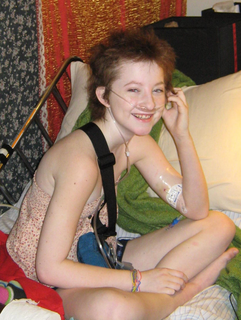A Quote by Marshall B. Rosenberg
Often, instead of offering empathy, we have a strong urge to give advice or reassurance and to explain our own position or feeling.
Related Quotes
Empathy occurs when we suspend our single-minded focus of attention and instead adopt a double-minded foucus of attention. When our attention lapses into single focus, empathy has been turned off. When we shift our attention to dual focus empathy has been turned on. Empathy is our ability to identify what someone else is thinking or feeling and to respond to there thought or feelings with an approriate emotion. Empathy makes the other person feel valued, enabling them to feel that their thoughts and feelings have been heard.
Writing is a strange and solitary activity. There are dispiriting times when you start working on the first few pages of a novel. Every day, you have the feeling you are on the wrong track. This creates a strong urge to go back and follow a different path. It is important not to give in to this urge but to keep going.
I believe in empathy. I believe in the kind of empathy that is created through imagination and through intimate, personal relationships. I am a writer and a teacher, so much of my time is spent interpreting stories and connecting to other individuals. It is the urge to know more about ourselves and others that creates empathy. Through imagination and our desire for rapport, we transcend our limitations, freshen our eyes, and are able to look at ourselves and the world through a new and alternative lens.
I look at the most promising putative moral theories. I construct crucial thought experiments in areas where they give conflicting advice. I confront their conflicting advice with my own moral sensitivity, my moral intuition. I take the theory that can best explain the content of my intuitions as gaining inductive support through an inference to the best explanation.
The next time you lose heart and you can’t bear to experience what you’re feeling, you might recall this instruction: change the way you see it and lean in. Instead of blaming our discomfort on outer circumstances or on our own weakness, we can choose to stay present and awake to our experience, not rejecting it, not grasping it, not buying the stories that we relentlessly tell ourselves. This is priceless advice that addresses the true cause of suffering—yours, mine, and that of all living beings.
At the heart of all photography is an urge to express our deepest personal feelings - to reveal our inner, hidden selves, to unlock the artist. Those of us who become photographers are never satisfied with just looking at someone else's expression of something that is dear to us. We must produce our own images, instead of buying postcards and photo books. We seek to make our own statements of individuality.



































